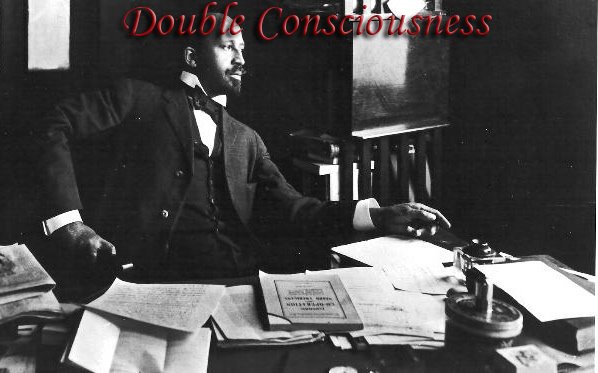 By Mumia Abu-Jamal
By Mumia Abu-JamalI remember reading this article years ago when I was a junior in high school (around 2001-2002) and it popped into my head when I was viewing all of these specials during Martin Luther King, Jr. Day. What I saw is what Mumia Abu-Jamal writes about, King being commodified and his radical imaged being tarnished by those who would (or did) have opposed him more than 40 years ago. I got this article from Urban Dreams.
Mumia Abu-Jamal was a Black Panther, activist, and journalist before being convicted of killing Philadelphia police officer Daniel Faulkner. He still does activist work from his prison cell and many view him as a political prisoner, his case has received international attention.
“One night toward the end of January I settled into bed late, after a strenuous day. Coretta had already fallen asleep and just as I was about to doze off the telephone rang. An angry voice said, "Listen, nigger, we've taken all we want from you; before next week you'll be sorry you ever came to Montgomery." I hung up, but I couldn't sleep.”
Rev. Martin L. King, Jr., Stride Toward Freedom (1958)
Three nights after this phone call, King's house was bombed. It is possible, in this age of consumer-driven commodification, for millions to know a name, to recognize an image, and still to know next to nothing about the recognized figure. It has been over 30 years since the assassination of Dr. King, and in the 3 decades thereafter, few Americans, black or white, have been so honored, so lionized, or so deeply projected into public consciousness, as a figure of peace. This would not be so objectionable were it not for the purposes of that projection.
Much of the projection seems purely commercial, a secular day-off for millions of workers, to allow them to stimulate the economy by buying stuff in the King Day Sale. Much of it also seems political, as Rev. King is raised as a kind of talisman, a symbol of peace meant to keep the natives calm in times of discontent.
But symbols are funny things. They are sometimes overrun by the rampaging complexities of reality. Living beings change, develop and grow. And Dr. King, in his later years (and under pressure from black radicals and militants on his left) became increasingly disenchanted with society, and of course, those who ruled the social order.
Black Christian theologian, Dr. James H. Cone, in his excellent Martin & Malcolm & America: A Dream or a Nightmare (Orbis, 1991), draws a compelling portrait of King's private and public selves, and his growing openness to radical ideas. Cone writes that Martin's wife, Coretta, who knew him best, saw him inching closer and closer to the views of Malcolm X. Indeed, Coretta S. King said as much, in her My Life with Martin Luther King, where she saw "firm agreement" between the two men on "certain aspects" of Malcolm's program. She sensed that "at some point the two would have come closer together and would have been a very strong force in the total struggle for liberation and self-determination of black people in our society."
This was not to be.
Waves of rebellions in black communities in 1967 shook King, and opened his eyes to what he called "a system of internal colonialism." In words that would seem to presage the fiery words of Dr. Huey P. Newton and the Black Panthers a season later, King observed: "The slum is little more than a domestic colony which leaves its inhabitants dominated politically, exploited economically, segregated and humiliated at every turn" (Cone, p. 223).
With these attacks on the economic injustices in America came criticism of King by the media and their moneyed masters. To his eternal credit, King did not turn from his vision, and instead heightened his economic critique, saying, at the SCLC Convention of Aug. 1967:
We've got to begin to ask questions about the whole society. We are called upon to help the discouraged beggars in life's market place. But one day we must come to see that an edifice which produces beggars needs restructuring. It means that questions must be raised. "Who owns this oil?"... "Who owns the iron ore?"... "Why is it that people have to pay water bills in a world that is two-thirds water?" (Cone, 224).
This is the voice of a man who was being radicalized. Nor were his previous feelings of confidence and faith in white Americans unchanged. King called America a "confused," "sick," and "neurotic" nation, telling a group of blacks in Louisville that "the vast majority of white Americans are racist," whether consciously or unconsciously (Cone, p. 233).
In months thereafter, he would severely criticize the Vietnam War, and call the U.S. the "greatest purveyor of violence in the world today" (Cone, p. 237) at his "Beyond Vietnam" speech at Riverside Church in New York City. Relatively shortly thereafter, Dr. King was sent to his fathers and from this world.
As King Day once again passes, let us all remember that a man is more than a symbol. Let us remember his growing radicalization, for if we have an idea where he was going, we begin to see why the powers that be, (the rulers, the FBI, the police, etc.) didn't want him to arrive.
0 comments:
Post a Comment